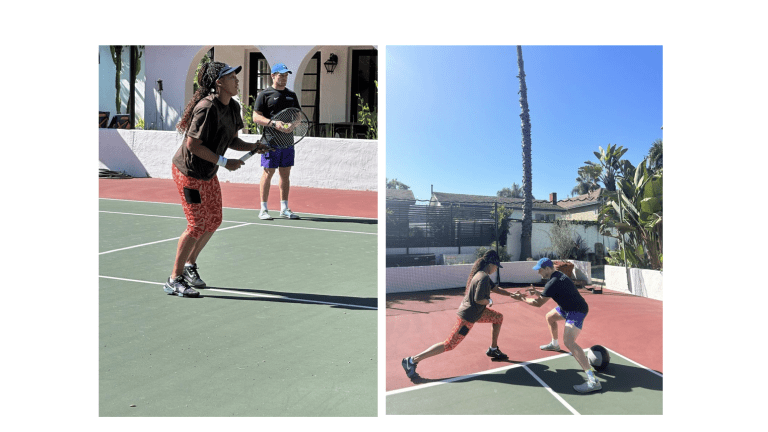Tennis.com Interview
Meet Florian Zitzelsberger, the performance coach bringing new mom Naomi Osaka back to Grand Slam shape
By Nov 08, 2023Tennis.com Interview
At peace without a major title, Elina Svitolina is closer than ever to Grand Slam glory
By Feb 11, 2026Tennis.com Interview
Sebastian Korda chasing match-day butterflies in 2026 after pair of stop-and-go seasons
By Jan 29, 2026Tennis.com Interview
Clara Tauson weathers illness, “boom boom” tennis to advance at Australian Open
By Jan 22, 2026Tennis.com Interview
Elina Svitolina finds strength in stepping back, talks burnout recovery at Australian Open
By Jan 21, 2026Tennis.com Interview
Karolina Pliskova navigates uncertain future after injury odyssey, Australian Open comeback
By Jan 20, 2026Tennis.com Interview
Eliot Spizzirri achieved something “amazing” last year. How much further can he go?
By Jan 16, 2026Tennis.com Interview
Dino Prizmic is ready to make another Melbourne mark, eyes Novak Djokovic reunion
By Jan 13, 2026Tennis.com Interview
Nick Kyrgios brings the show, and new perspective, to Madison Square Garden
By Dec 08, 2025Tennis.com Interview
After longest off-season ever, Tommy Paul talks injury comeback, wedding plans at MSG
By Dec 08, 2025Meet Florian Zitzelsberger, the performance coach bringing new mom Naomi Osaka back to Grand Slam shape
"She wants to get back to world No. 1, she wants to win Grand Slams," says the Integralis co-founder.
Published Nov 08, 2023
Advertising

Zitzelsberger first began working with Osaka in 2022; the two have reunited in the lead-up to the former world No. 1's planned return to action from maternity leave.